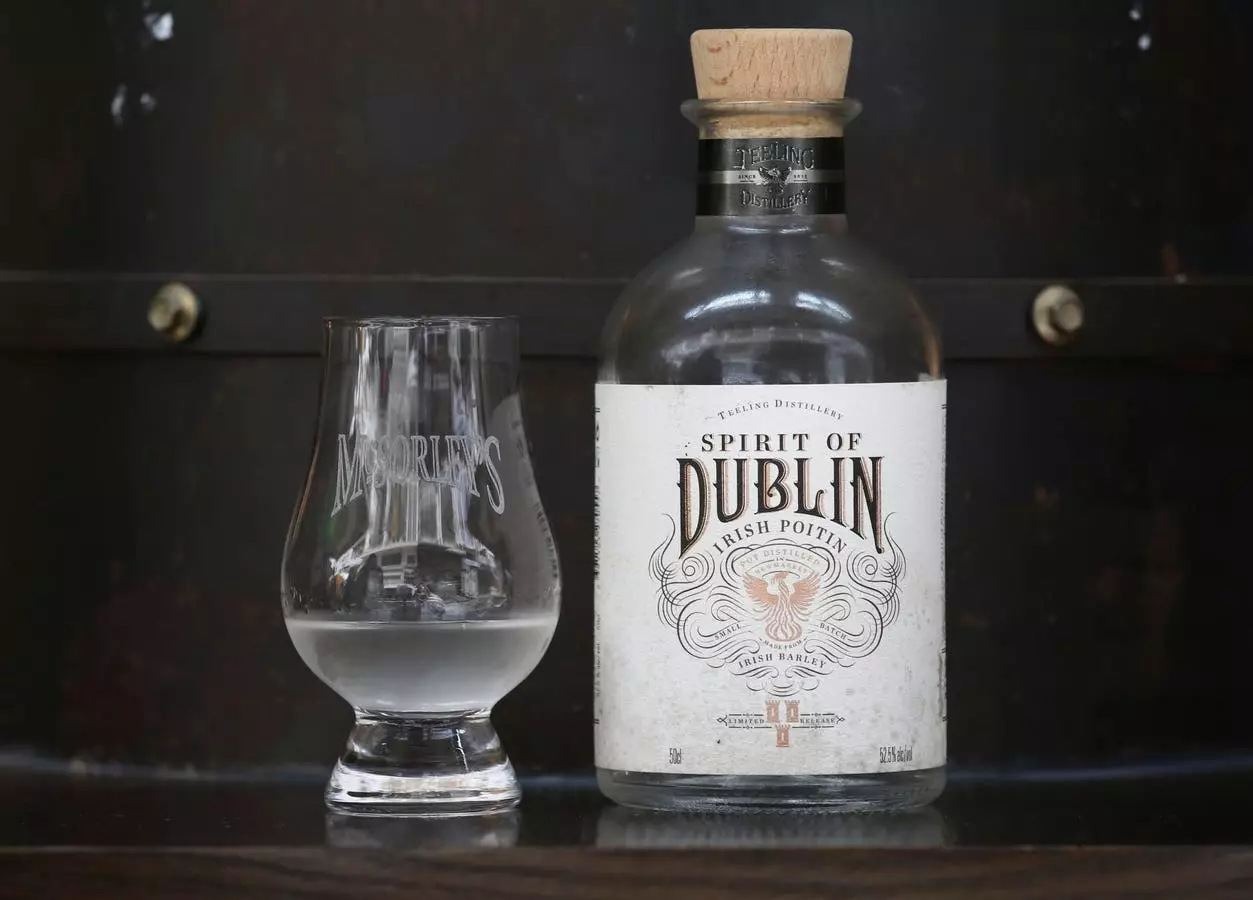Poitín, often shrouded in the shadows of its more famous counterparts like Irish whiskey and Guinness, is experiencing a renaissance in contemporary Ireland. This traditional spirit, deeply intertwined with Irish heritage, is not just a relic of the past but a symbol of cultural identity that has endured centuries of adversity. Poitín, derived from the Gaelic term for „little pot,“ refers to the pot stills traditionally used in its production. Historically, this potent alcoholic drink was considered the original „uisce beatha,“ or „water of life,“ revered by many long before whiskey came to prominence.
The production of poitín dates back to ancient times, with distillation practices embedded in rural Irish life. For over 300 years, it was illegal to produce poitín, as the British government sought to control and tax distillation. The ban, enacted during the 17th century, forced poitín to go underground, morphing it into a symbol of rebellion against colonial rule. Those who produced it often did so in secret, crafting engaging stories around the spirit’s origins—stories that added depth and allure to this moonshine.
Traditionally, poitín was distilled in humble settings—farmhouses, kitchens, and outbuildings—each contributing its unique characteristics to the final product. Variations in ingredients, from malted barley to local fruits like crab apples, meant that no two batches of poitín were ever identical. This natural variation led to a diverse range of qualities, from downright rough and unpalatable to extraordinarily smooth and flavorful. However, due to its potency and the romanticised idea of being „moonshine,“ many misconceptions spread, with tales of blindness or uncontrollable intoxication tainting its reputation.
After the ban was lifted in 1997, it took additional time for distilleries to embrace poitín fully. Many found it hard to shed the negative stigmas associated with it. Despite the challenges, a growing number of craft distilleries have recognized poitín’s potential and are now proudly producing it—introducing the spirit to new audiences and promoting it as a premium offering.
Today, poitín is making its way back into the hearts and cups of enthusiasts. More than just a novelty or historical artefact, it is being celebrated for its unique flavor profiles and versatility. The Irish bartending community is increasingly incorporating poitín into cocktails, showcasing its adaptability. Establishments from bustling Dublin to quaint towns across Ireland now feature poitín prominently on their menus.
One can find innovative drinks, like the Banshee cocktail—a delightful blend of Micil Poitín with Powers Single Pot Still Irish Whiskey and playful notes of fruit and bitters. Bars such as Bar1661 are leading the charge in re-educating patrons about poitín, offering curated tastings and crafting cocktails that highlight its depth and complexity.
Moreover, the rise of distilleries like Micil, founded by Pádraic Ó Griallais in 2016, plays an integral role in the poitín revival. This distillery not only produces award-winning poitín but also opens its doors to the public for tours, showcasing the craftsmanship and heritage behind this once-banned beverage.
As poitín carves out a space in modern drinking culture, its journey from illicit moonshine to recognized spirit illustrates a broader narrative of resurgence and rediscovery. The spirit once lost to history is now being celebrated with joy and experimentation, breathing new life into traditional recipes and cocktails.
For those curious to explore this storied drink, options abound, both in homes and establishments across Ireland. Whether you’re sampling renowned brands like Mad March Hare or Bán, or enjoying a meticulously crafted cocktail at a trendy bar, poitín invites a unique experience that reflects both its rich history and vibrant present.
As poitín secures its place amidst contemporary spirits, it represents not just a drink but a captivating tale of resilience, tradition, and the ever-evolving narrative of Irish culture.


Napsat komentář